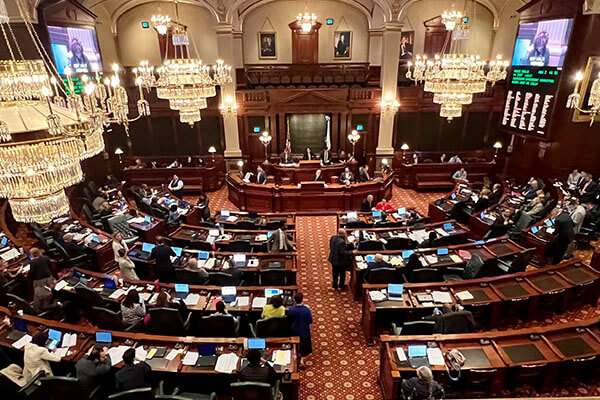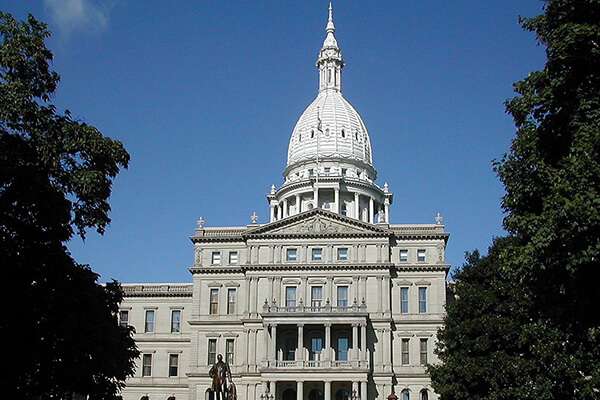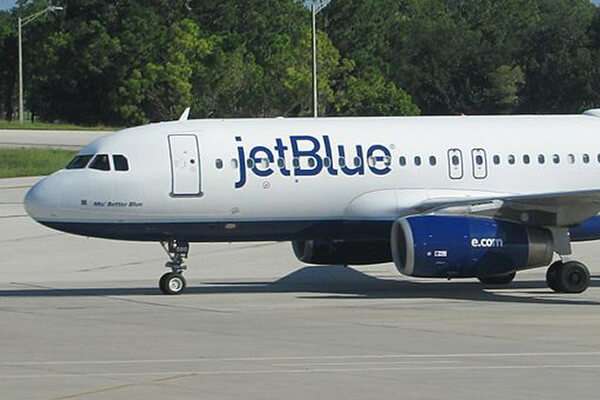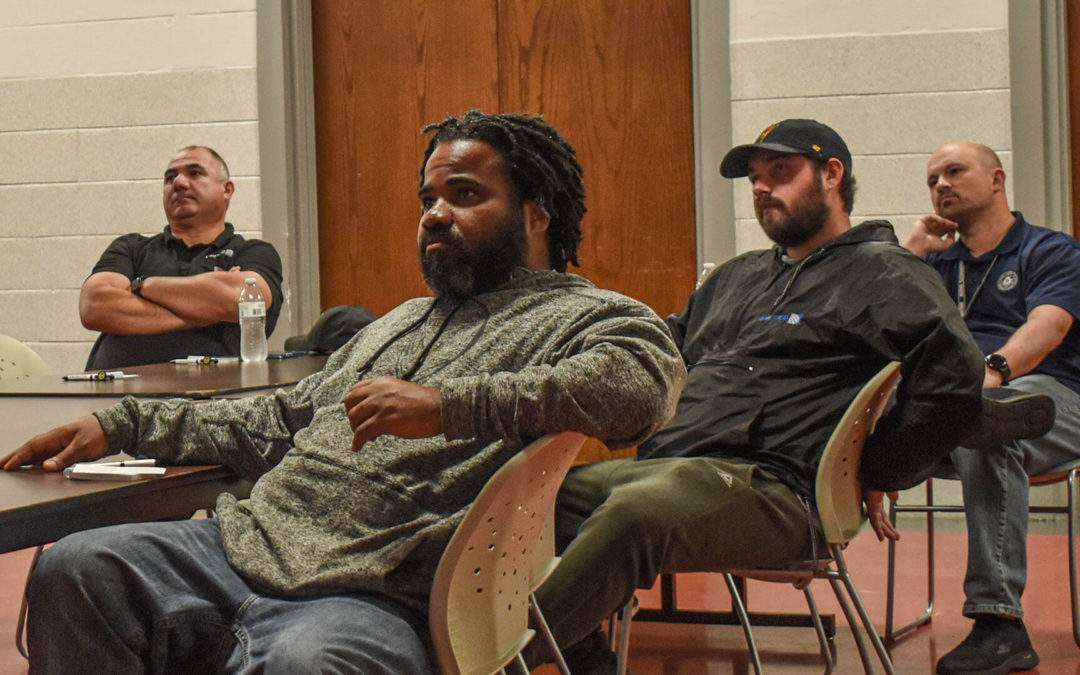
by Eric Price | Mar 25, 2023 | Front Page, MNPL, Other News, Recent News, Recent News, Row 2
Illinois State Council of Machinists Holds Annual Conference IAM141.org March 25, 2023 The Illinois State Council of Machinists and Aerospace Workers recently held its annual conference in Springfield, Illinois, from March 21-23. The conference began with a reception...

by Eric Price | Mar 15, 2023 | Front Page, MNPL, Page Three, Page Two, Row 2
Michigan Senate Passes Right to Work Repeal IAM141.org March 15, 2023 On Tuesday, the Michigan Senate passed a bill to revoke the state’s right-to-work legislation, which permits employees in unionized positions to collect union-negotiated wages, pensions, and...

by Eric Price | Mar 6, 2023 | JetBlue, MNPL, Page Five, Page Four, Page Three, Page Two, Row 2
DOJ Expected to Block JetBlue / Sprit Merger IAM141.org March 6, 2023 According to two anonymous sources familiar with the matter, the Justice Department plans to file a lawsuit as early as Tuesday to prevent JetBlue’s proposed $3.8 billion acquisition of Spirit...

by Eric Price | Feb 23, 2023 | Front Page, MNPL, Page Four, Page Three, Page Two, Perusals, Row 2
Iowa Lawmakers Seek to Bring Child Labor Back to the US IAM141.org February 23, 2023 In February, labor advocates expressed their opposition to a proposed bill in Iowa that state lawmakers have introduced with support from businesses. The bill aims to relax child...

by Eric Price | Oct 19, 2022 | Front Page, JetBlue, MNPL, Page Five, Page Four, Page Three, Page Two, Perusals, Row 2
New Job Growth “Strong as Hell” After Investments, Says Secretary Of Transportation Legislation19 October 2022 In an appearance on CBS News’ face the Nation over the weekend, Transportation Secretary Pete Buttigieg touted the Administration’s...

by Eric Price | Oct 12, 2022 | Front Page, MNPL, Page Five, Page Four, Page Three, Page Two, Perusals, Row 2, Uncategorized
The Machinists Non-Partisan Political League fights for Pro-Union legislation within the airline industry. To find out how you can help with this critical work, please CLICK HERE >> Labor-Friendly Legislation the Topic at Chicago Local 1487 MNPL12 October 2022...







